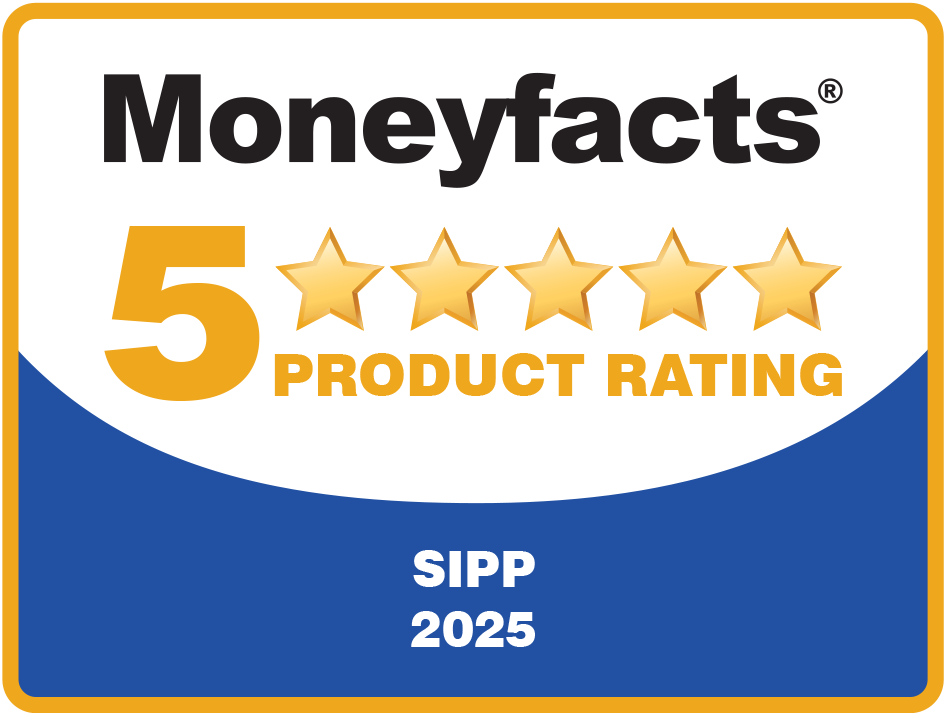Your questions about Hartley Pension SIPP transfers answered
This article is aimed at financial services professionals only. This article does not constitute financial advice.
No doubt many of our advisers will be familiar with the situation with Hartley Pensions.
As a brief overview, Hartley was a company that offered a range of products, including SIPPs. By March 2022, the Financial Conduct Authority (FCA) had stopped Hartley from accepting any new business as a result of “serious operational and regulatory issues”.
In August 2022, the company went into administration, with UHY Hacker Young being appointed as the administrator.
Prior to this, in the space of three years, Hartley Pensions acquired five other SIPP/SSAS companies that were known to have issues including the Greyfriars SIPP, the Berkeley Burke SIPP and Guinness Mahon.
In February 2024, Hartley was declared in default by the Financial Services Compensation Scheme.
This excellent article from FTAdviser charts the story of Hartley Pensions in more detail and gives opinions on why the situation has played out the way it has.
Like most of the industry, we have been learning about the Hartley situation through the financial press.
However, for several years, we have also been taking calls from advisers whose clients either have a SIPP with Hartley or originally had SIPPs with one of the companies that were acquired and are unhappy with the situation. In many instances, clients’ scenarios were complex and involved a non-standard asset that IPM was not prepared to accept.
Even where the assets in the SIPP were something we could accommodate, advisers were telling us that transfers were unable to take place for a variety of reasons at Hartley. If there are issues with a transferring scheme preventing a transfer, there is little that IPM can do to help until these are resolved.
The enquiries we have received about accepting transfers from Hartley SIPPs have increased over recent weeks, and we are under the impression that the administrators are preparing to allow the first batch of clients to transfer to new providers.
We are always happy to help where we can. So, we thought we would put together some information for our advisers that you can use if you are thinking of transferring a Hartley SIPP to IPM.
Check with Hartley if and when a transfer can take place
From what we understand, the administrators are preparing for the first batch of clients to be transferred to an alternative provider in June 2024. This would explain why we have recently received an increase in enquiries from advisers asking what IPM needs to accept a transfer.
Before any real work is undertaken in respect of the transfer, we would suggest checking with the administrators that your client is eligible for transfer.
Once a SIPP is established with IPM, our annual administration fee is due annually in advance. While we are happy to work on a transfer while this fee is outstanding and arrange for this to be paid once completed, if your client is not able to transfer for whatever reason, you could find yourself in a position where your client is paying two lots of SIPP fees for a period.
Go through the transfer with IPM before giving advice
While a transfer of cash between SIPP providers is relatively straightforward, the enquiries we have received about transfers from Hartley tend to be at the more complex end of the scale.
As an example, we recently received an enquiry from an adviser about two clients who wanted to transfer their SIPPs in-specie. They were made up as follows:
- Jointly-held commercial property.
- Client A – Transact platform, Prudential trustee investment bond.
- Client B – Aviva platform, Utmost bond, individually held property.
- Residual cash in trustee bank accounts for both clients.
While this is something we can accommodate, from an adviser’s perspective there is some preparation work that needs to be carried out before a transfer to IPM can be recommended.
Firstly, we need to understand what is held on the platforms and in the bonds. We need to ensure that there is nothing held within these accounts/bonds that the FCA would deem a non-standard asset. If there is, this would change our approach and possibly our decision on the transfer.
In the above example, all the assets were acceptable to us and we were able to move forward.
We then discussed with the adviser which investment houses were going to be used with the IPM SIPPs to custody the assets. As we do not operate a panel of investment houses that clients must select from, the transfer is an opportunity for an adviser to change the structure of the SIPP.
Using the above as an example, the adviser was happy to keep the investment houses the same upon transfer.
- For the platforms, new accounts will need to be established in the IPM SIPPs to accept the transfer of assets. The adviser would need to provide IPM with the paperwork for both Transact and Aviva, completed by the adviser/client where necessary. We will then complete all areas required by IPM as the account holder before liaising with the companies to establish the accounts. We will then provide the new IPM account details to Hartley so they can instruct the transfer of assets.
- Bonds are usually transferred by way of a deed of assignment. These need to be prepared (usually by the transferring scheme), and signed by both the transferring and receiving schemes, before being sent to the investment house to have the asset re-registered in the name of IPM.
- Once all assets are transferred, the transferring scheme would send the balance of cash in the trustee bank account to the IPM trustee bank accounts and the transfer should then be complete.
It was also at this point that we discussed costs relating to the transfer. In most instances, IPM’s annual administration fee of £580 + VAT will cover the majority of work we would undertake on behalf of a client. Read more about our fees on our website.
Considerations for when a commercial property is involved
As we offer one of the most cost-competitive offerings in the market for commercial property SIPPs, a transfer in-specie of property between SIPP providers is something we deal with daily. However, we appreciate that this is not the case for advisers and their clients.
A transfer in-specie of property between SIPP providers is a legal change of ownership. As such, the transfer process is not dissimilar to any other property transaction. Both parties will need to appoint solicitors to act on their behalf, and full conveyancing will need to be carried out. This will have an impact on the costs the client will pay on transfer.
While we will be able to confirm the fees due from us and what our panel solicitors are likely to charge, you would need to liaise with administrators as to what charges they will make for the transfer and the costs of any solicitors they will appoint to act on their behalf.
IPM has previously written about transfers in-specie of property from other SIPP providers:
Moving forward
Once the above steps have been carried out and your client has agreed to the transfer, please then get back in touch with IPM so that we can provide you with the necessary paperwork to proceed.
This paperwork can vary depending on each scenario, so we do recommend speaking with us so we can make sure you have everything you need.
We are not sure how transfers from Hartley will go. It may well be that the administrators have processes in place to ensure matters run smoothly. However, given the potential volume of clients who will be looking to transfer, these could take some time – especially where a property is involved.
As always, we are happy to support our advisers in any we can with transfers from Hartley. However, as with any transfer of this nature, we would suggest setting the expectation that this could take some time as we all work together to achieve the best result for your client.
Get in touch
If you have any clients seeking to transfer their Hartley SIPP, or you have any general questions about transferring a SIPP, please get in touch.
Email info@ipm-pensions.co.uk or call 01438 747151.



